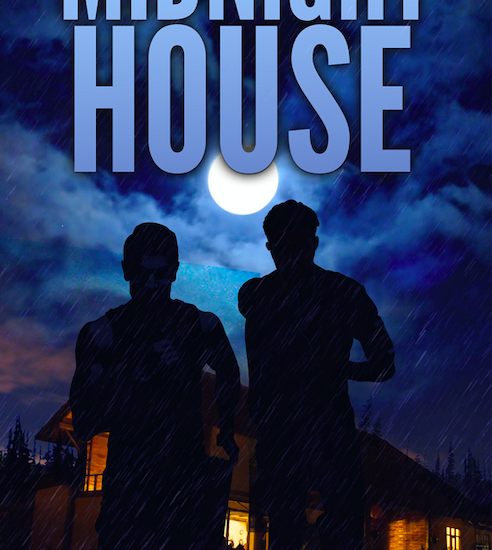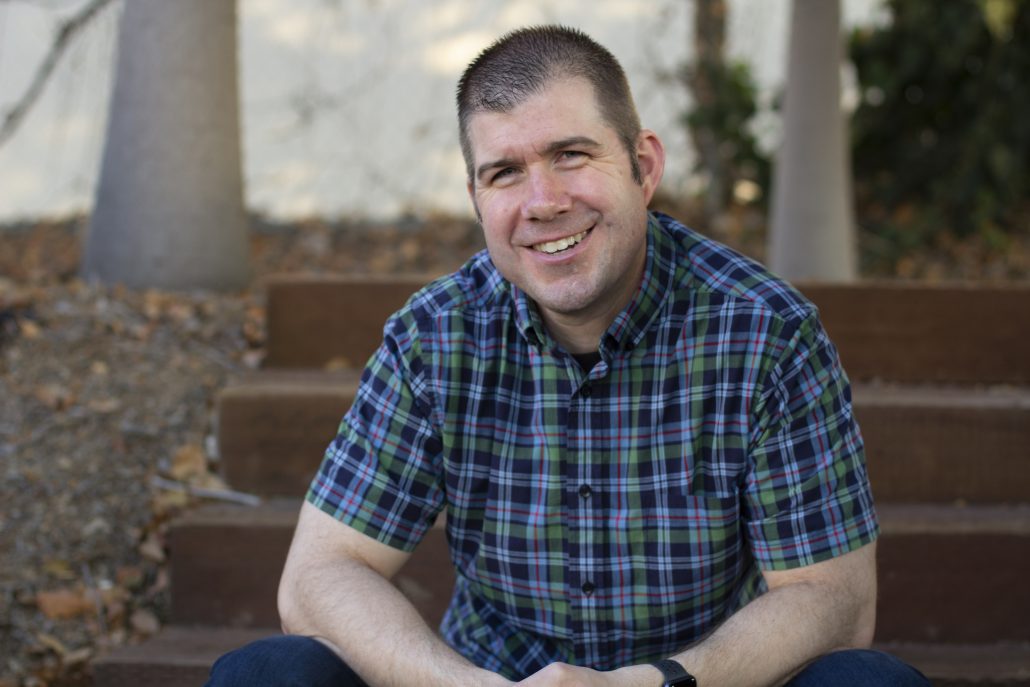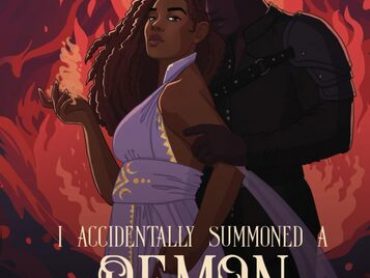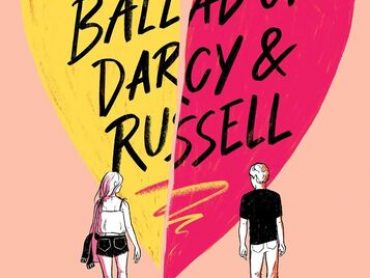Ian Dawson is the author of Midnight House, and is based out of LA. His book is a thriller. Midnight House Follows sixteen-year-old Daniel Robinson who is haunted by the traumatic events of his abduction two years ago. The novel explores childhood trauma and recovery, friendship, peer pressure and deception. YEM spoke with Ian about why he writes for young adult readers and how long he worked on Midnight House. He also gave advice for anyone who may want to start writing as well.
Young Entertainment Mag: Is there a specific moment that you remember when you knew you wanted to be a writer?
Ian Dawson: When I was a kid, I wrote puppet shows and comic books, and I’ve always loved writing and creating. I remember writing short stories, little sketches, and song parodies that people liked when I was in high school, and I knew then that I had a knack for writing material that others enjoyed.
YEM: How long did you work on your book Midnight House for?
Ian: From the initial idea to publication, it took about five years. Luckily, it was a shorter time frame than writing the first book in the series, The Field. That took about 15 years to complete.
YEM: Can you tell us a bit about Midnight House?
Ian: Midnight House takes place two years after the events of the first book, The Field. Sixteen-year-old Daniel Robinson has tried everything to make his escalating nightmares related to his abduction two years ago vanish. Failing to cope on his own, Daniel knows it’s only a matter of time before his family, best friend, and his girlfriend notice the lingering effects of his insomnia. Will Daniel reach out for help, or allow the nightmares to consume his sanity?
Meanwhile, Daniel’s best friend, Kyle Hanson, has been invited by Enterprise’s Varsity basketball captain to take part in the Varsity team’s rituals at the mysterious Midnight House. Skeptical of their motives, Daniel takes matters into his own hands to find out what’s going on at the secretive hideaway. Is this Kyle’s chance to prove himself to the Varsity team, or is something more sinister at play?
Can they survive what’s waiting at Midnight House?
YEM: What is your favorite part about writing a book that has more of a suspenseful element?
Ian: I like to keep readers on edge, turning the page to see what happens next, afraid to put the book down at the end of each chapter. Creating a suspenseful narrative is enjoyable for me because it also keeps me on my toes working to create situations and scenarios for my characters where initially, even I’m not sure how they’ll get out of them.
Painting characters into a corner is also a great way to develop who they are as people. How will they handle the dire circumstances? How will it affect them and make them grow and change as a person?
YEM: Who are some of your writing inspirations?
Ian: Stephen King, for sure. I love how he crafts a narrative and draws you into a story. With King, even if the beginning of the story starts out ordinary, you know that crazy events are on the way.
I also really like Nelson DeMille. I like how he writes action, and his characters always have colorful personalities.
I’m an avid reader and read a lot of fiction and non-fiction, so I pick up many techniques and tools from a wide variety of authors across many genres.
YEM: What advice do you have for someone who might also want to start writing books as well?
Ian: It all starts with an idea. If you want to write, your mind or a notebook is probably filled with ideas. Look through them and find one that really makes you interested in seeing where the story and the characters that populate the story go. Even if that one idea fizzles, move on to the next one. You learn from what you write, and you become a stronger writer by writing.
As you write, things will change, new ideas will pop up, and you’ll want to cut stuff that isn’t working. All writers have good days and bad days. The key is to not get frustrated and keep writing a little each day.
I also definitely suggest to anyone who wants to write to read everything you can. While it’s great to have a genre or author you enjoy, it’s also essential to read and learn from other genres as well. I also am a big fan of reading non-fiction. You never know when a real-world topic could inspire a fictional story.
YEM: What is it about young adult readers that make you want to write for them?
Ian: I really like the genre. You can create young adult characters who are figuring out life and its complexities, much like young adult readers often are. We’ve all either been young adults or are in the process of becoming young adults, so everyone has that experience in common.
I like to present stories that have relatable elements and themes that young adults can not only be entertained by but also learn from.
YEM: If your readers could take one thing away from reading your book, what would you hope that would be?
Ian: It’s okay to ask for help. As teens, we want to be more independent and not ask for help when things get tough. But sometimes, especially if it’s a traumatic event, a loss, or an issue that seems impossible to resolve, reaching out for help from a trusted family member, teacher, or other responsible adults like a counselor can be a big step in finding a resolution. Not all problems have easy solutions, and that’s why working with others and finding support can help you take the steps needed to find peace and move forward.
It might take months or years to finally get the resolution you need, but don’t give up on yourself or give up on hope for a brighter future.
YEM: What part of Midnight House was the most fun to write?
Ian: The big action elements were the most fun to write. They were fun because I acted out those sequences in my apartment to see how they would work and then developed them from there as I wrote. Sometimes you have to get out of the chair and get on your feet to “live” the event instead of just playing around with it in your head.
YEM: What did writing Midnight House teach you about who you are as a writer?
Ian: Writing Midnight House taught me how to dig deeper as a writer both emotionally and psychologically. To go beyond the surface and explore topics and issues that may be difficult to write about but need to be discussed. I learned not to be afraid to challenge myself as an author and develop more complex stories and characters than I have in the past. I also learned that I have to trust myself and allow the story to grow organically and not force characters or situations into places that don’t serve the overall narrative.
YEM: Is there a book that you love so much you wish you could have written it yourself?
Ian: I can think of two, actually. Needful Things by Stephen King, and Imaginary Friend by Stephen Chbosky. I’ve read these two excellent books a couple of times, and I enjoy the story and characters more each time. Both authors have definitely created stories that I wish I had written myself.
YEM: Are you thinking of writing books in the future that are connected to Midnight House? or do you plan to write books that are completely different?
Ian: I am currently working on the third book in the series that includes The Field and Midnight House, then I’m planning to write a non-fiction book, then start a new fiction novel after that.
Check out the official website for the series at www.thefieldya.com for book info and to order paperback copies of The Field and Midnight House. You can also sign up to get my blog posts about writing, authors, and more. Thanks again, and happy writing!





